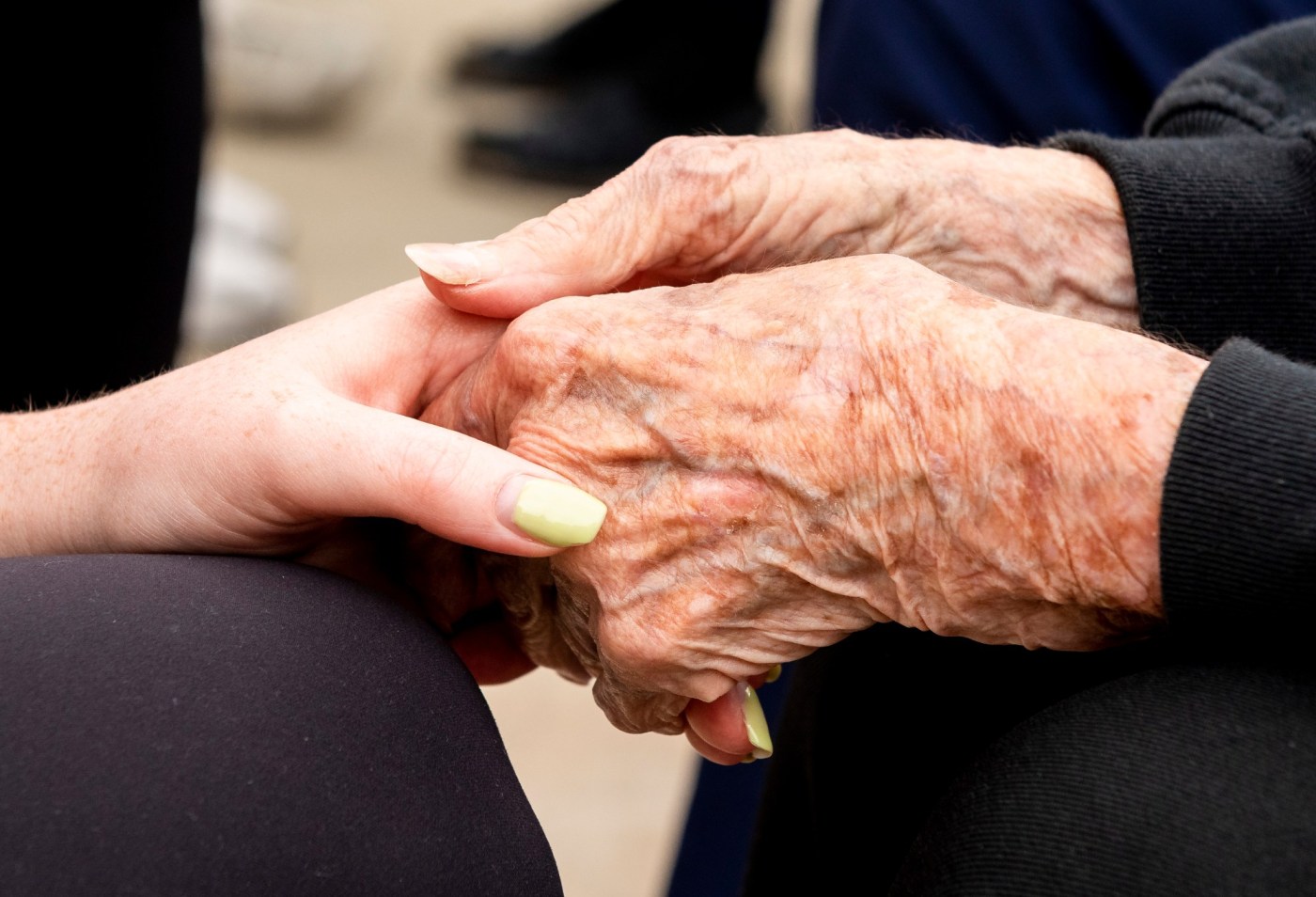Health
Minimally Invasive Heart Surgery Revolutionizes Care for Seniors

Advancements in medical technology have led to a significant transformation in cardiac care for seniors, particularly through the adoption of minimally invasive heart surgery. This innovative approach not only reduces the physical burden on older patients but also enhances their overall quality of life. As the global senior population continues to rise, the demand for safer and more effective treatment options becomes increasingly critical.
Understanding Minimally Invasive Heart Surgery
Minimally invasive heart surgery refers to cardiac procedures performed through small incisions, contrasting sharply with traditional open-heart surgery, which necessitates a large chest incision and the cutting of the breastbone. Surgeons utilize specialized instruments and cameras, allowing for precise operation while minimizing damage to surrounding tissues. One of the most prevalent methods involves the use of advanced robotic technology, which enhances the surgeon’s capability to navigate the heart with accuracy.
Typically, this technique requires the surgeon to make two to four small incisions between the ribs. A high-definition camera provides a magnified 3D view of the heart, enabling intricate procedures to be completed with enhanced precision.
The Benefits for Seniors
The advantages of minimally invasive heart surgery are particularly pronounced for senior patients. As they often face various health challenges, these techniques significantly lower the risk of complications during and after surgery. Notable benefits include:
– **Reduced risk of complications:** Older adults are generally more susceptible to surgical complications. Minimally invasive methods reduce risks such as infection, bleeding, and the need for blood transfusions, thereby enhancing safety.
– **Shorter hospital stays:** Patients undergoing minimally invasive procedures often leave the hospital sooner compared to those who have traditional open-heart surgery. This not only decreases the risk of hospital-acquired infections but also promotes a quicker return to daily activities, which can lead to reduced medical expenses.
– **Faster recovery times:** The less invasive nature of these procedures means that patients typically experience less pain and trauma. Many seniors report a significantly shorter recovery period, often resuming normal activities within weeks rather than months. Additionally, the smaller incisions heal more quickly, resulting in less scarring and discomfort.
– **Improved quality of life:** The combination of faster recovery and reduced pain contributes to an enhanced quality of life. Seniors can regain their independence and actively engage in recreational activities, travel, and spend time with loved ones. The psychological benefits of a quicker recovery are noteworthy, impacting overall well-being positively.
– **Enhanced precision and outcomes:** The use of advanced imaging and specialized instruments during surgery allows for greater accuracy, leading to improved heart function and longevity. This precision benefits a broader range of patients, including those previously deemed too high-risk for traditional surgery due to age or health conditions.
Looking ahead, the field of minimally invasive heart surgery continues to evolve. Ongoing research and technological advancements are paving the way for even more effective treatments. Innovations such as robotic-assisted surgery, enhanced imaging techniques, and improved surgical instruments promise to further decrease the invasiveness of procedures, shorten recovery times, and expand the types of conditions that can be addressed.
The integration of artificial intelligence and machine learning into surgical planning represents the next frontier in this field. These technologies offer the potential to assist surgeons in making informed decisions, optimizing techniques, and predicting patient outcomes more accurately.
In conclusion, minimally invasive heart surgery is reshaping cardiac care for seniors, providing them with safer options, quicker recoveries, and better health outcomes. As advancements continue, this approach stands to significantly enhance the quality of life for elderly patients, allowing them to lead healthier, more fulfilling lives.
Dr. Asad Shah serves as the medical director of cardiac surgery at Saddleback Medical Center and leads the MemorialCare Heart & Vascular Institute, specializing in robotic cardiac surgery, thoracic aortic disease, and minimally invasive valve surgery, among other areas.
-

 Business1 week ago
Business1 week agoIconic Sand Dollar Social Club Listed for $3 Million in Folly Beach
-

 Politics1 week ago
Politics1 week agoAfghan Refugee Detained by ICE After Asylum Hearing in New York
-

 Health1 week ago
Health1 week agoPeptilogics Secures $78 Million to Combat Prosthetic Joint Infections
-

 Science1 week ago
Science1 week agoResearchers Achieve Fastest Genome Sequencing in Under Four Hours
-

 Lifestyle1 week ago
Lifestyle1 week agoJump for Good: San Clemente Pier Fundraiser Allows Legal Leaps
-

 Health1 week ago
Health1 week agoResearcher Uncovers Zika Virus Pathway to Placenta Using Nanotubes
-

 World1 week ago
World1 week agoUS Passport Ranks Drop Out of Top 10 for First Time Ever
-

 Business1 week ago
Business1 week agoSan Jose High-Rise Faces Foreclosure Over $182.5 Million Loan
-

 Entertainment1 week ago
Entertainment1 week agoJennifer Lopez Addresses A-Rod Split in Candid Interview
-

 Science1 week ago
Science1 week agoMars Observed: Detailed Imaging Reveals Dust Avalanche Dynamics
-

 Top Stories7 days ago
Top Stories7 days agoChicago Symphony Orchestra Dazzles with Berlioz Under Mäkelä
-

 World1 week ago
World1 week agoRegional Pilots’ Salaries Surge to Six Figures in 2025









